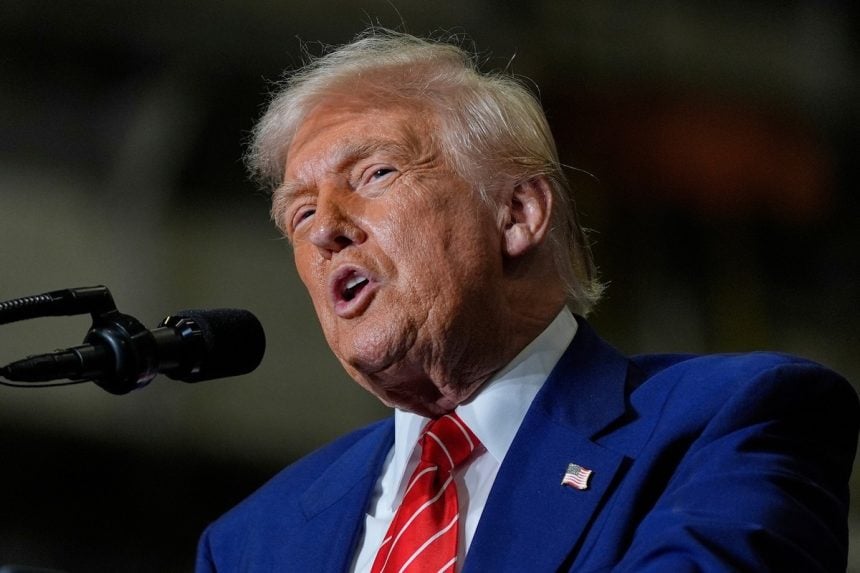
US President, Donald Trump has described both India and Russia as “dead economies” in a sharp escalation of rhetoric amid an ongoing trade standoff.
His remarks come as the US prepares to impose a 25% tariff on Indian goods, with the new measures expected to take effect on August 1.
Writing on his social media platform, Truth Social, Trump said: “I don’t care what India does with Russia. They can take their dead economies down together, for all I care.” He added: “We have done very little business with India, their Tariffs are too high, among the highest in the World.”
Trump’s comments come after he warned that New Delhi would face penalties for purchasing Russian weapons and energy, highlighting tensions between US and one of its key strategic partners in Asia.
Despite Trump’s claims, India and the US conducted over $129 billion in trade in 2024, with the US remaining India’s largest trading partner.
The two countries have also collaborated extensively on defense and technology, largely to counter China’s growing influence.
Still, India remains heavily reliant on Russia for arms and oil. It is the second-largest buyer of Russian oil after China, and Moscow remains New Delhi’s top arms supplier—despite recent efforts by India to diversify, including sourcing weapons from France, the US, and Israel.
Following Trump’s announcement, India’s Nifty 50 index slipped by 0.3%, while the rupee dropped 0.3% against the dollar to a five-month low before stabilizing.
Although the 25% tariff is set to kick in imminently, Indian officials said they had not received formal notification from the US government. Trump also hinted that discussions were ongoing, telling reporters, “We’ll see what happens.”
The deadlock positions India as a rare holdout, with other US trade partners—such as the EU, Japan, and South Korea—having already reached agreements with Washington. India’s government responded on Wednesday by stating it would “take all steps necessary to secure our national interest.”
Analysts at Axis Bank estimated that the tariffs could have a $10 billion impact on Indian exports, even though the Indian economy is largely driven by domestic demand.
Kunal Kundu, India economist at Société Générale, warned the tariffs could “dampen domestic sentiment.” He added: “India’s expectation of maintaining a relative tariff advantage over competitors in labour intensive exports has been undermined. However, the disadvantage is not excessively severe.”
Trump’s comments are likely to further strain US-India relations, especially after his recent remarks about Pakistan. In a statement that appeared deliberately provocative, he said: “Who knows, maybe they’ll be selling Oil to India some day!” He was referring to a new deal with Pakistan to “develop their massive Oil Reserves.”
According to sources close to the negotiations, a major sticking point in the trade talks is India’s reluctance to open its foodgrain and dairy markets to US competition—sectors on which hundreds of millions of Indians rely for their livelihood.
India’s largest single export to the US is mobile phones, bolstered by Apple’s recent move to shift iPhone production from China to India. Those electronics, along with pharmaceuticals, were exempt from Trump’s initial tariff threat.
As the deadline approaches, all eyes are on how India responds—and whether Trump’s strategy will force a trade concession or fuel deeper economic division.
(Financial Times)
ALSO READ TOP STORIES FROM NIGERIAN TRIBUNE
WATCH TOP VIDEOS FROM NIGERIAN TRIBUNE TV
- Let’s Talk About SELF-AWARENESS
- Is Your Confidence Mistaken for Pride? Let’s talk about it
- Is Etiquette About Perfection…Or Just Not Being Rude?
- Top Psychologist Reveal 3 Signs You’re Struggling With Imposter Syndrome
- Do You Pick Up Work-Related Calls at Midnight or Never? Let’s Talk About Boundaries






